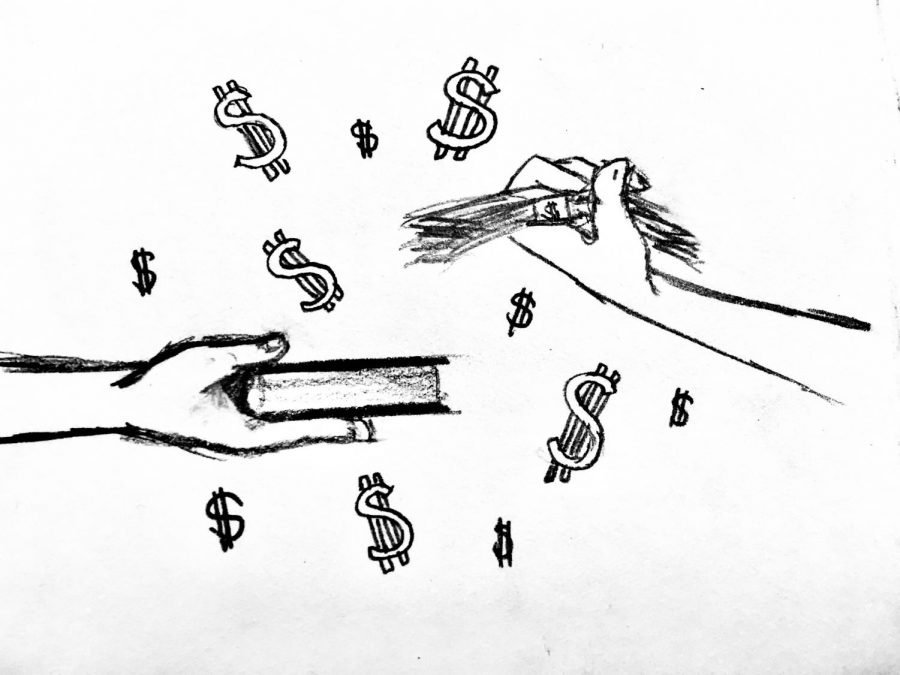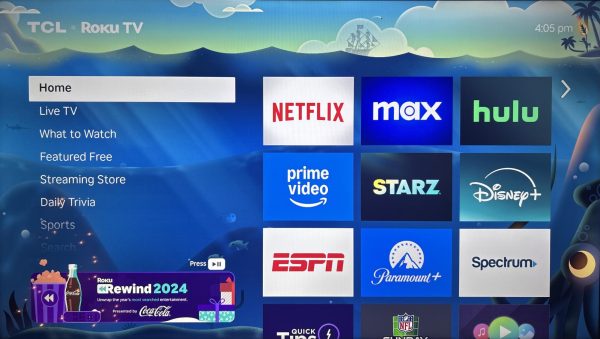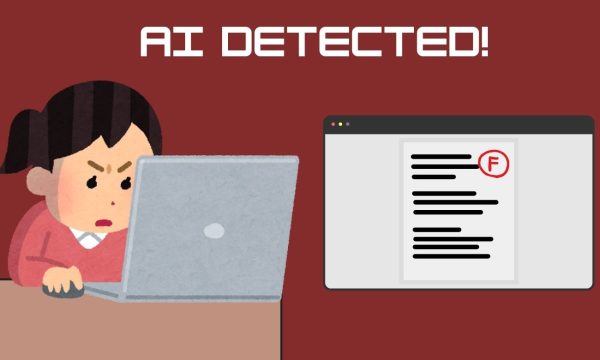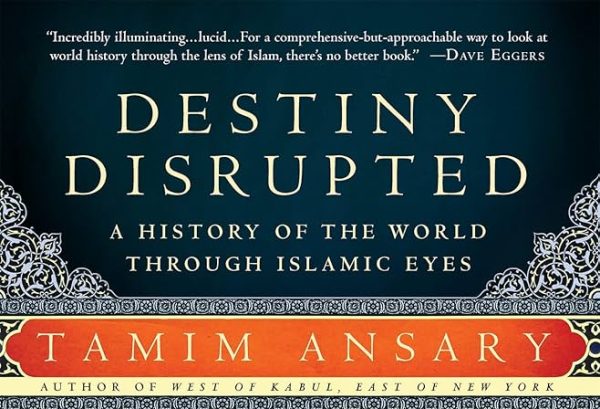Teachers profit behind closed doors
The recent investigation into Professor Curtis Deberg’s alleged mishandling of funding made me consider what other conflicts of interest professors may have concerning students. One such possible conflict is the assigning and purchasing of texts written by the professor.
During my first semester at Chico State I had an online course where the professor required an online textbook they had written. When the cost totaled around $130 I was shocked. For a physical copy of the book I would expect this type of price gouging.
The textbook was required in order to pass the class. The students had to take exams that were implemented within the textbook. It was a class that was only offered by this professor and there were no other options for supplemental reading in hopes of passing the class.
In the end I bit the bullet and worked through the course. But for the longest time I thought, is this ethical? Moreover, how often does this happen?
I spoke with other Chico State students and several disclosed that a professor has required a textbook they wrote or helped write.
“Yes, I’ve had a few professors do this,” Chico State student Allison Pryor said. “The last professor I had do this made the textbook really tailored to the class which was great but it was also over $100 so I’m kind of torn about it.”
In order to contemplate the ethics of a professor assigning their own textbooks to students it is important to investigate the topic of textbook publishing and a professors rights to publish their work.
“None of these practices is by itself cause for concern,” the American Association of University Professors said. “The right of individual professors to select their own instructional materials, a right protected under principles of academic freedom, should be limited only by such considerations as quality, cost, availability, and the need for coordination with other instructors or courses.”
An important factor for professors selecting textbooks is to choose one that meets the course standards of instruction. Often, these professors will make their works available for a low cost or free in an electronic format. These can range from assigned commercially published textbooks to course packets that consist of the professors’ own materials they have obtained overtime.
“At the same time, however, students in a classroom can be a captive audience if they must purchase an assigned text that is not available either on library reserve or on a restricted website,” the AAUP said, “Because professors sometimes realize profits from sales to their students (although, more often than not, the profits are trivial or nonexistent), professors may seem to be inappropriately enriching themselves at the expense of their students.”
Many colleges and universities have policies and protocols that help to regulate the assignment of a professor’s published textbook. Many universities, such as the Virginia Polytechnic Institute, establish that materials written by faculty and intended for student purchase must be first approved by the departmental, collegiate, and or university-level committees.
Rebecca Schuman, a writer for Slate examines a tenured professor’s standard salary breakdown and how their textbooks become assigned course reading. 40% is for teaching, 20% for service to the university, and another 40% for research such as writing the arcane textbooks.
Tenured professors often conduct research that they will appeal to be published by a textbook publishing company. They will receive a lump sum upon approval. The website Learn.org states that authors of the textbooks often receive around $62,000 when a book is published.
“They may do it for the financial rewards or to support the goals of the institution for which they teach,” Learn.org said. “Their work typically involves extensive research into a particular subject … their work must be credible and properly cited.”
University of Pennsylvania professor Joseph Turow estimated that he makes about $5 per book sold and that other professors report similarly low royalties.
“You receive an advance and 10% royalties on net profit from each book,” Inc. writer Danny Iny said.
Overall, a professor doesn’t have much of an incentive to cross ethics boundaries. If a professor assigns a textbook they wrote which can be purchased and found on many platforms there should be no need for concern of a conflict of interest.
If a professor is limiting access to such material and does not have a proper third party from which their works can be bought, you should be concerned about what ethical boundaries are being crossed.
In the end, it comes down to individual situations.
If you’ve noticed a professor is requiring specific and special funding for text or products for class then you need to speak to the Ombuds Office, a confidential, neutral and informal resource where you can discuss a complaint, conflict or problem. As well, students can visit Chico State’s Whistleblower Complaints page where The Bureau of State Audits can investigate theft, fraud or conflicts of interest by state employees.
Before going to these sources remember that professors have the right to research, work on and publish textbooks without it being considered a conflict of interest. For many professors, this is a natural path for someone who is well-versed and dedicated to a particular subject or department topic.









Ernest Meyer // Apr 10, 2020 at 6:26 am
Thank you for the research. There’s a little more to the rise in the cost of educational materials. When I was first a college student in Europe 40 years ago, professors used to type what they needed –with a typewriter–onto a purplish sheet called a mimeograph. It was messy, slow, did not allow for corrections, didn’t last more than about a hundred copies, and had no pictures. Since then there was a rebellion against attitudes in the USA that people should be forced to read in order to learn– for a while that was considered a very ethnically prejudiced attitude, so school text books started to fill with color pictures, for the children who were not interested in reading. This made the printing of school text books very expensive, and moreover, there was less room for words, so there was huge competition for writing the text, allowing publishers to pay less and less to write increasingly expensive books. Since that epoch in the continually evolving landscape of pedagogy, people have generally decided reading is more important than they previously thought, mostly because of the evolution of computers and phones. However children had already got used to learning from books with colored pictures, and attempting to remove the pictures caused great wails of protest, and moreover, publishers refused to print boring text-only books when they can charge so much more for the pictures, so professors have on the whole given up on trying to reduce educational material costs, especially as they earn virtually nothing from making the materials. As you say, electronic publishing should deprive them of that income too eventually, but there has been a general resistance to electronic media for anything that requires more effort to flip through than it takes to ruffle through pages, which is as far as most people get on most documents they have more than 300 words long.